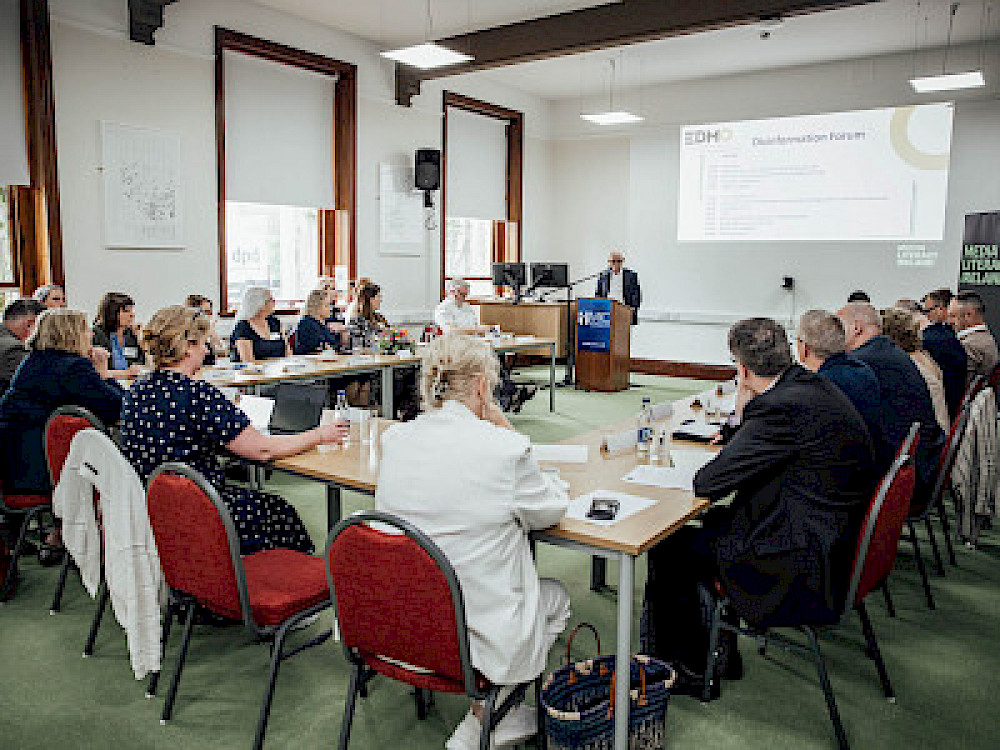Eileen Culloty and Jane Suiter have a chapter on anti-immigrant disinformation in The Routledge Companion to Media Disinformation and Populism.
The book edited by Howard Tumber and Silvio Waisbord explores how recent transformations in the architecture of public communication and particular attributes of the digital media ecology are conducive to the kind of polarised, anti-rational, post-fact, post-truth communication championed by populism. The book includes contributions from both leading and emerging scholars analysing aspects of misinformation, disinformation, and populism across countries, political systems, and media systems.
For their chapter on anti-immigrant disinformation, Eileen and Jane draw on the work undertaken for H2020 Provenance. This chapter outlines anti-immigrant disinformation as a process that engages different actors, platforms, and audiences. It provides an up-to-date analysis of the diverse range of actors who promote anti-immigrant disinformation, explores how platform structures enable anti-immigrant manipulation tactics, and, finally, it contextualises audience receptivity in terms of attitudes towards immigrants and social change.
The proliferation of anti-immigrant disinformation requires attention from mainstream media and politicians in terms of how immigration is discussed and reported. While the online environment is flooded with disinformation, mainstream news media remains highly influential. It is vital that these outlets offer audiences a comprehensive and accurate understanding of issues relating to immigration and avoid platforming extremist views for sensational coverage. In other words, there is no magic bullet to counter anti-immigrant disinformation. It requires a ‘whole of society’ approach that engages top-down approaches to regulating and monitoring the information and security environments as well as bottom-up approaches to everyday media practices at organisational and individual levels.
This project has received funding from the European Union’s Horizon 2020 research and innovation programme under grant agreement No 825227




